Unveiling the Link Between Community Engagement and Self-Development
Community engagement is a dynamic process that fosters personal confidence and enhances social skills through active participation, collaboration, and shared goals. By exploring diverse community activities, individuals not only contribute to societal improvement but also experience significant personal growth, including improved self-esteem, leadership abilities, and social competence.
Core Principles, Levels, and Mechanisms of Effective Community Engagement
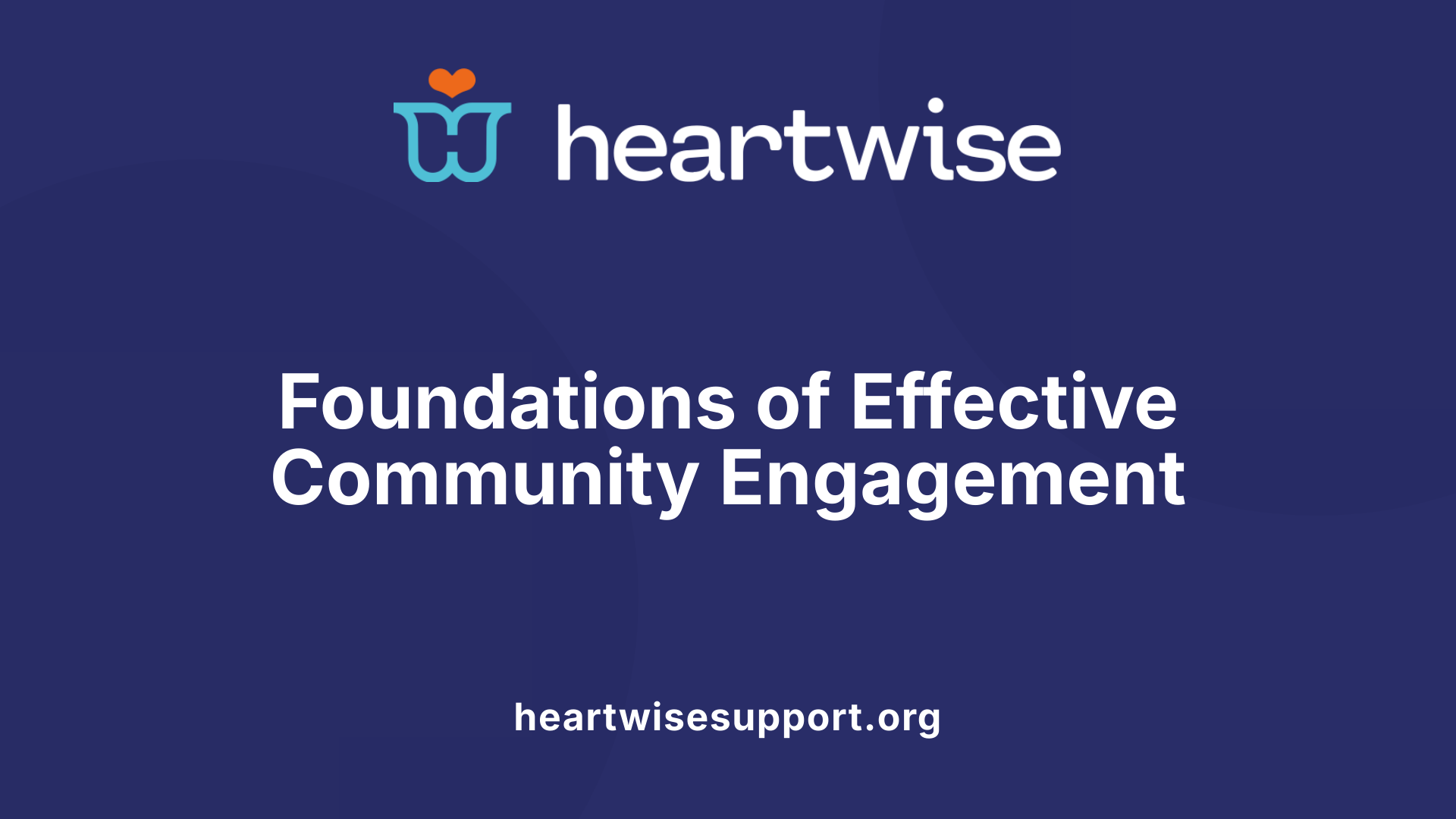
What are the principles, levels, and mechanisms of effective community engagement?
Effective community engagement is built on foundational principles that foster meaningful participation and foster trust within communities. These include inclusiveness, transparency, shared decision-making, ongoing participation, trust-building, empowerment, and cultural sensitivity.
Inclusiveness ensures that diverse voices, especially marginalized groups, are heard and valued, fostering a sense of belonging and equity. Transparency promotes openness about intentions, processes, and outcomes, which helps build mutual trust. Shared decision-making involves community members actively participating in shaping projects and policies, giving them ownership and responsibility.
Trust-building is essential; it develops through consistent, honest interactions and delivering on commitments. Empowerment provides community members with the tools, resources, and confidence needed to influence their environment, leading to sustainable development. Cultural sensitivity recognizes and respects the diverse backgrounds and traditions within communities, ensuring engagement approaches are respectful and appropriate.
Engagement occurs at multiple levels to effectively involve community members. Initially, providing information helps raise awareness about issues, resources, and opportunities. Consulting involves gathering feedback and understanding community perspectives. Collaboration takes this further by working jointly on projects and initiatives, sharing resources and responsibilities.
At the most advanced level, community-led initiatives empower residents to plan, execute, and evaluate programs independently, fostering local leadership and ownership. Such a shift ensures that development aligns closely with community needs and priorities.
Mechanisms supporting these levels include advisory boards, which provide ongoing input and feedback; participatory projects that involve residents directly in decision-making processes; and strategic partnerships with organizations, local authorities, and stakeholders. Open communication channels—such as town halls, online forums, and regular meetings—facilitate ongoing dialogue, accountability, and shared learning.
Successful community engagement depends on careful planning that considers local contexts and long-term commitment. Adjusting approaches based on community feedback ensures relevance and effectiveness. Built on these principles, levels, and mechanisms, community engagement fosters participatory democracy, improves social cohesion, and enhances the success of social and health programs, contributing to more resilient and empowered communities.
Building Trust and Enhancing Social Cohesion through Engagement
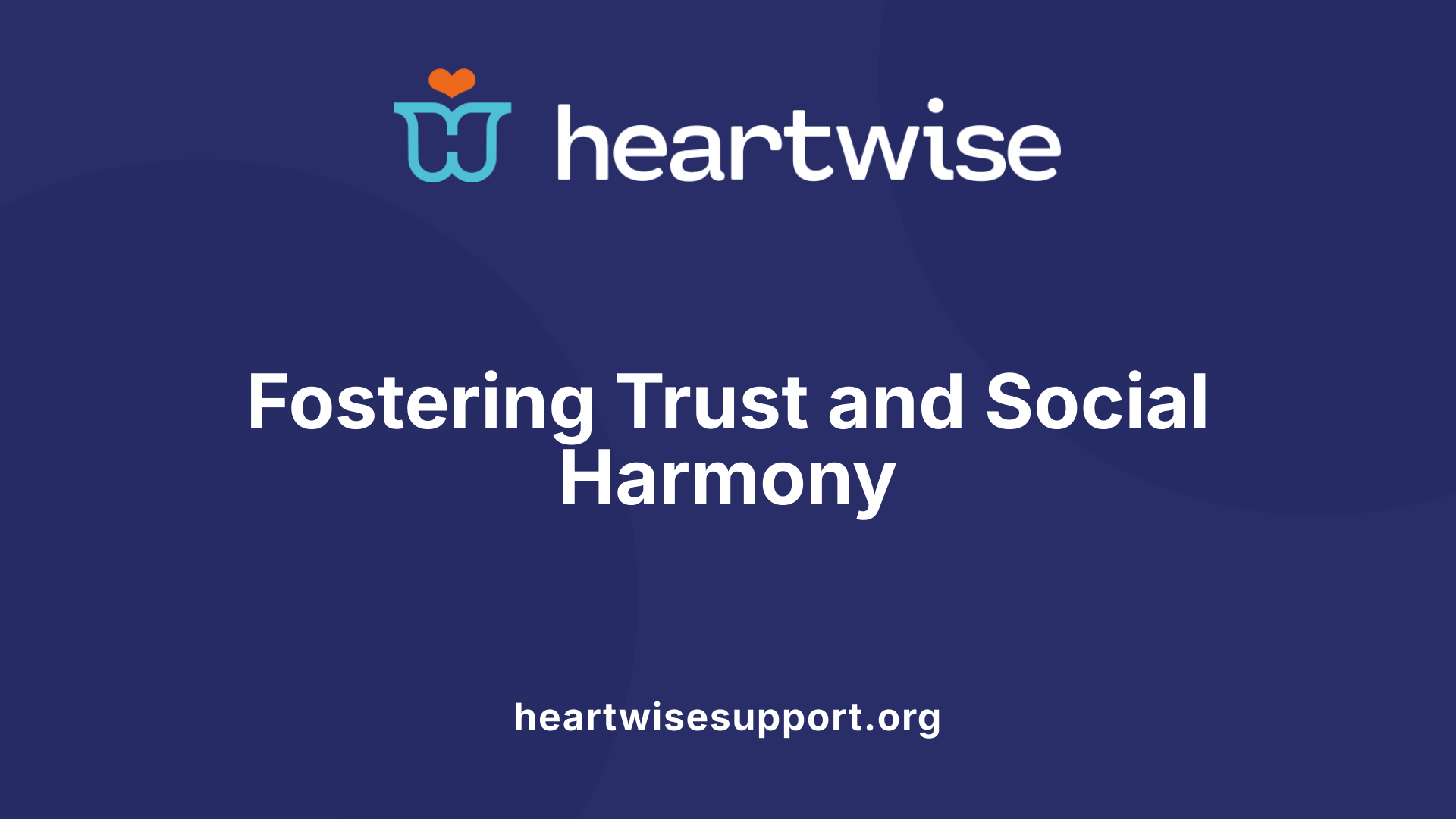
How does community engagement influence self-esteem?
Community engagement plays a vital role in boosting self-esteem among individuals. When people actively participate in community activities, they develop a sense of belonging and purpose. This involvement makes them feel valued and capable, which are crucial components of self-esteem.
Participating in volunteering, supporting others, or taking part in community events provides concrete opportunities for achievement and personal growth. These experiences foster confidence as individuals see their contributions making a positive impact.
Moreover, regular engagement reduces feelings of social isolation by creating supportive networks that offer emotional reassurance. This environment helps reinforce positive self-perceptions and encourages individuals to take on leadership roles or new challenges.
Engaged community members often challenge stigmas and misconceptions, leading to increased social acceptance and self-respect. Additionally, building connections through collective efforts enhances social skills such as communication and empathy.
Overall, active community involvement not only fosters personal development but also leads to higher self-esteem, better mental health, and a greater sense of fulfillment. This cycle of participation and recognition strengthens individual confidence and promotes a resilient, cohesive community.
Community Engagement as a Catalyst for Personal Development and Confidence Building
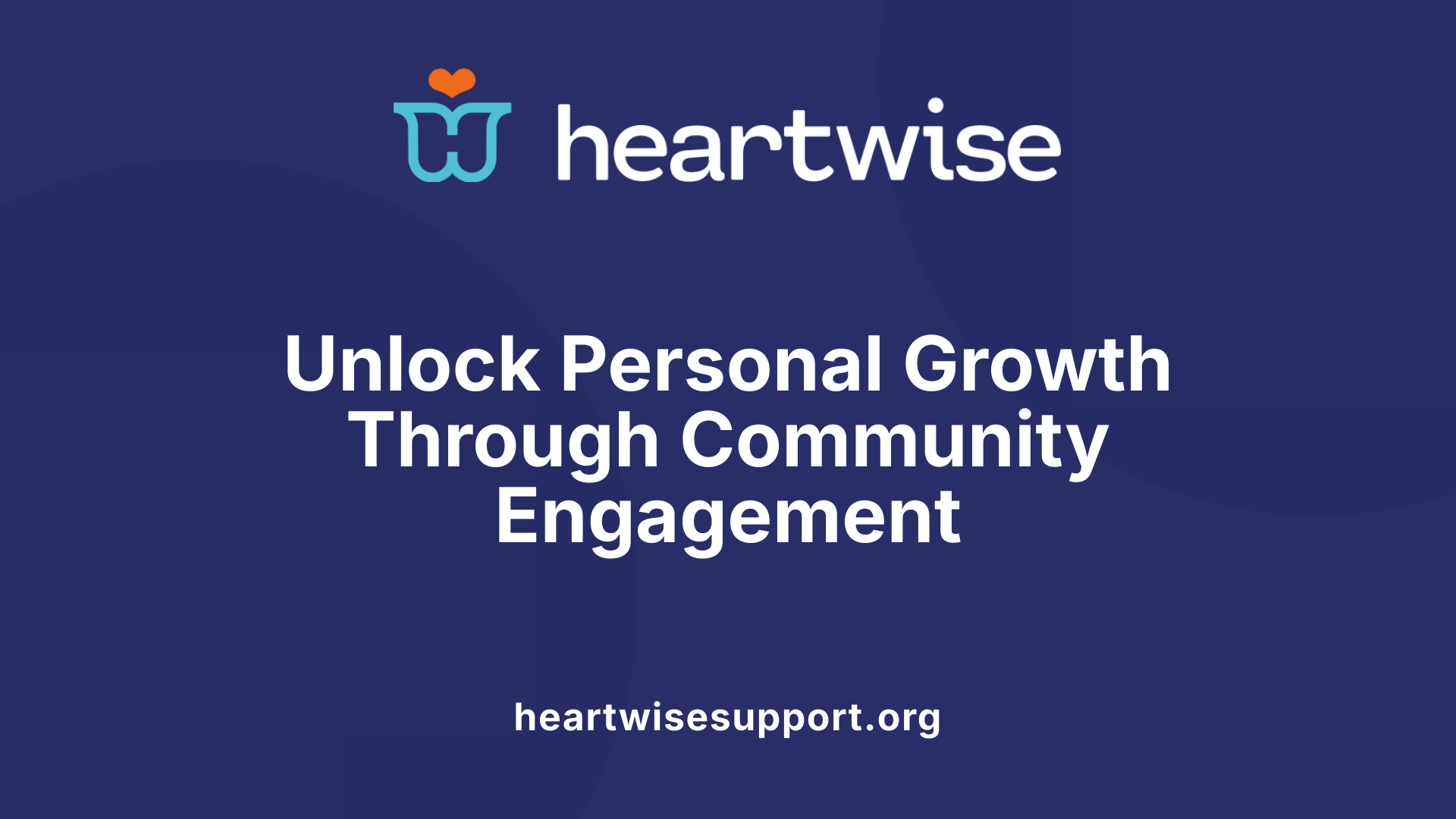
What personal growth opportunities are available through community engagement?
Community involvement offers numerous avenues for individuals to develop essential life skills such as leadership, communication, problem-solving, and self-esteem. Participating in various activities, like organizing local events, leading volunteer groups, or contributing to community projects, allows people to embrace leadership roles, boosting confidence and personal empowerment.
Through engagement, individuals learn to communicate effectively within diverse groups, practicing active listening, empathy, and negotiation skills. Addressing real-world community issues enhances critical and creative thinking, as participants analyze problems and develop innovative solutions. These experiences foster a sense of achievement, which significantly improves self-esteem.
Moreover, community programs serve as platforms for personal growth by offering opportunities to gain new knowledge, adopt healthier habits, and explore different cultural perspectives. Such involvement encourages lifelong learning and adaptability, equipping individuals with the confidence to face various life challenges.
How does participating in community programs promote confidence and social skill development?
Active participation in community activities cultivates social skills by providing consistent engagement, dialogue, and shared decision-making opportunities. Regular involvement in neighborhood meetings, group projects, or cultural events helps individuals learn how to express concerns, collaborate, and build relationships.
Community programs also teach the importance of teamwork and resilience. Overcoming obstacles and celebrating collective achievements reinforce a sense of purpose and self-worth. As participants witness their contributions leading to positive community impacts, their confidence further develops.
Inclusion and diversity within these settings expose individuals to multiple perspectives, promoting understanding and compassion. This environment helps break down social barriers, enabling participants to refine their interpersonal skills and develop a stronger sense of social responsibility.
Participation can lead to leadership roles such as organizing initiatives or mentoring new members, which enhances leadership qualities and accountability.
How can community engagement drive social change?
Community engagement drives social change by fostering meaningful connections among members, building trust, and encouraging collective action. Active involvement in advocacy, volunteering, and local initiatives creates a platform for addressing shared concerns like education, health, and environmental issues.
When community members collaborate, they develop resilience and mutual support systems, which are essential for sustainable progress. Engagement also promotes inclusivity, giving voice to marginalized groups and ensuring diverse perspectives influence decision-making.
Measuring the impact of these efforts through KPIs, feedback, and visible community improvements helps to sustain motivation and adapt strategies. Over time, these collective efforts lead to lasting societal benefits, such as improved services, equity, and social cohesion.
How does community engagement foster leadership skills and social responsibility?
Engagement activities provide individuals with practical opportunities to assume leadership roles—planning events, fundraisers, or educational campaigns—thus honing their organizational and problem-solving skills. Working on community projects encourages initiative, responsibility, and strategic thinking.
Interactions across diverse groups broaden cultural understanding and empathy, which are vital qualities of effective leaders. Gaining insights from different community perspectives empowers individuals to develop inclusive attitudes and social responsibility.
Furthermore, volunteering and partnerships with local organizations nurture soft skills like adaptability, integrity, and creativity. These qualities build trustworthiness and credibility, key for leadership roles.
Overall, community involvement instills a sense of accountability and commitment to societal well-being, helping individuals become proactive and responsible leaders capable of fostering positive change.
| Aspect | Benefits | Examples |
|---|---|---|
| Personal Skills | Leadership, communication, problem-solving, self-esteem | Organizing events, leading teams, solving local issues |
| Social Skills | Empathy, collaboration, active listening | Participating in dialogues, mentorships, cultural exchanges |
| Community Impact | Social cohesion, trust, lasting relationships | Volunteer initiatives, advocacy campaigns, community clean-ups |
| Developmental Opportunities | Lifelong learning, cultural awareness, resilience | Educational programs, diversity workshops, resilience training |
Engaging in community activities not only transforms individual lives but also sparks social progress, creating stronger, more cohesive, and resilient societies.
The Impact of Community Engagement on Mental Health and Recovery
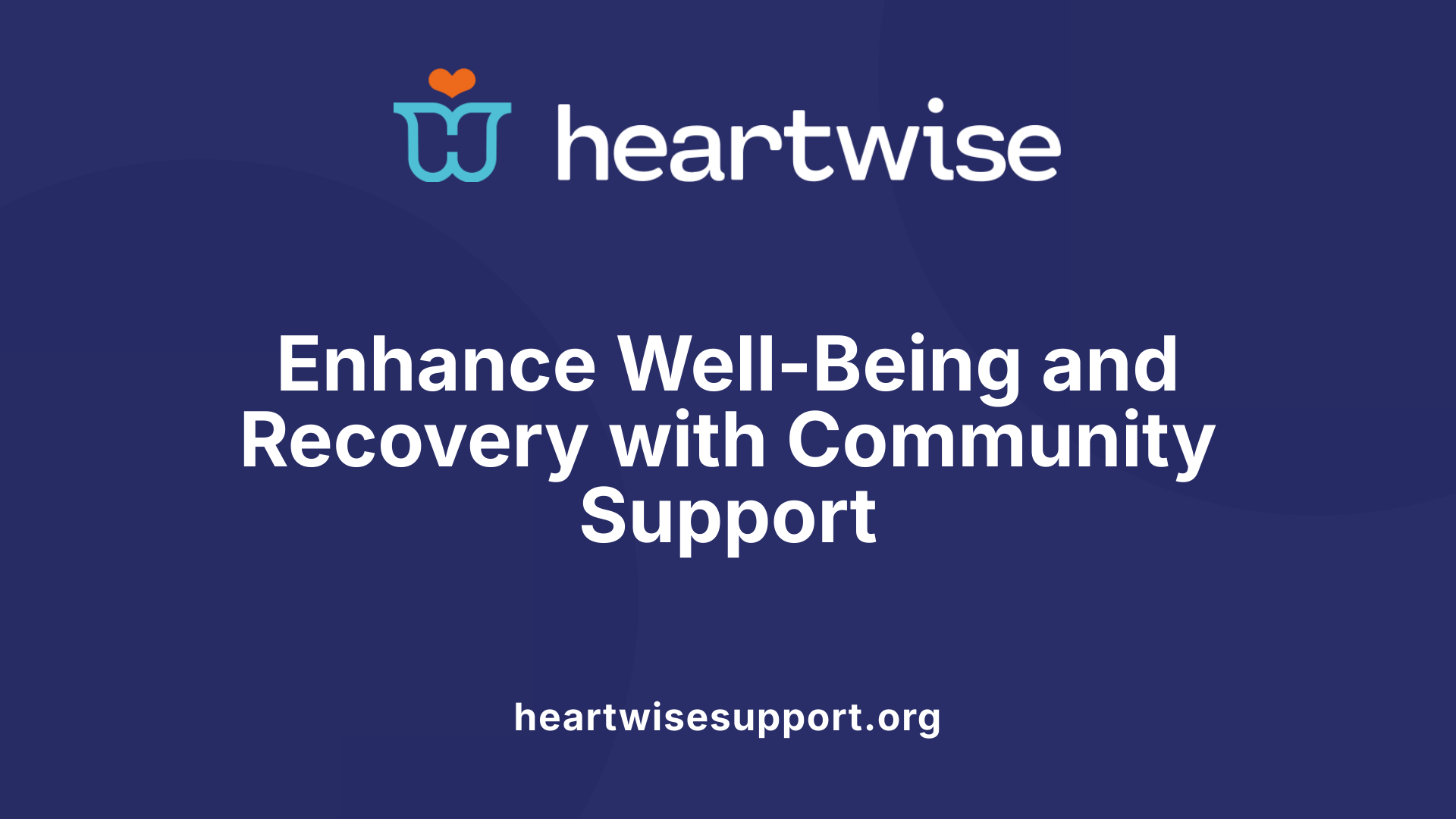
How does community engagement help reduce feelings of isolation, anxiety, and depression?
Community engagement plays a significant role in alleviating feelings of loneliness, anxiety, and depression. By actively participating in community activities—such as volunteering, attending local events, or joining clubs—individuals build meaningful social connections. These interactions foster a sense of belonging and provide emotional support, which are crucial for mental well-being.
Engaging with others helps individuals feel connected and valued, reducing the sense of being alone. It also offers distraction from negative thoughts and provides a structured routine, both of which can improve mood and mental health.
Moreover, when community members share challenges and celebrate achievements, it creates a supportive environment that encourages resilience. Access to peer and mentor support within these activities helps manage stress and enhances emotional stability.
What are the benefits for emotional resilience, self-worth, and social support?
Community involvement contributes to strengthening emotional resilience by providing opportunities to face challenges in a safe, supportive setting. Overcoming obstacles in community projects or volunteering efforts fosters confidence and a sense of accomplishment.
Participating regularly in communal activities boosts self-worth, as individuals see the positive impact of their efforts on others and the community. This recognition reinforces their value and encourages continued engagement.
Social support gained through community involvement acts as a protective factor against mental health issues. Having access to networks of peers and mentors fosters a sense of security and shared purpose. Such support systems are linked to better coping abilities, lower stress levels, and sustained mental health.
How does community engagement contribute to long-term recovery and overall wellbeing?
In the context of mental health recovery, community engagement is a powerful tool. It provides stability, reassurance, and hope during difficult times.
Being part of community groups and activities helps individuals develop routines, build social ties, and regain confidence. These elements promote a holistic sense of wellbeing that encompasses psychological and physical health.
Furthermore, engaging in meaningful activities fosters skills development, leadership, and personal growth, which are vital for sustained recovery. As individuals contribute and connect, they often experience an improved sense of purpose and belonging.
Participation in community life also reduces feelings of stigma and isolation associated with mental health challenges. By fostering inclusive environments, community engagement helps individuals feel accepted and empowered.
| Aspect | Benefit | Impact on Wellbeing |
|---|---|---|
| Social Connection | Reduces loneliness | Builds emotional resilience |
| Active Participation | Boosts self-esteem | Enhances confidence and sense of purpose |
| Support Networks | Fosters safety | Contributes to long-term stability |
| Skill Development | Promotes personal growth | Improves mental health outcomes |
By strengthening social bonds and promoting active involvement, community engagement supports both immediate mental health needs and ongoing recovery efforts.
Search for more information:
Use the search query 'Community engagement and mental health benefits' to explore further insights into how active participation in community activities can enhance emotional and psychological well-being.
Community Participation as a Pillar of Well-Being and Social Connection
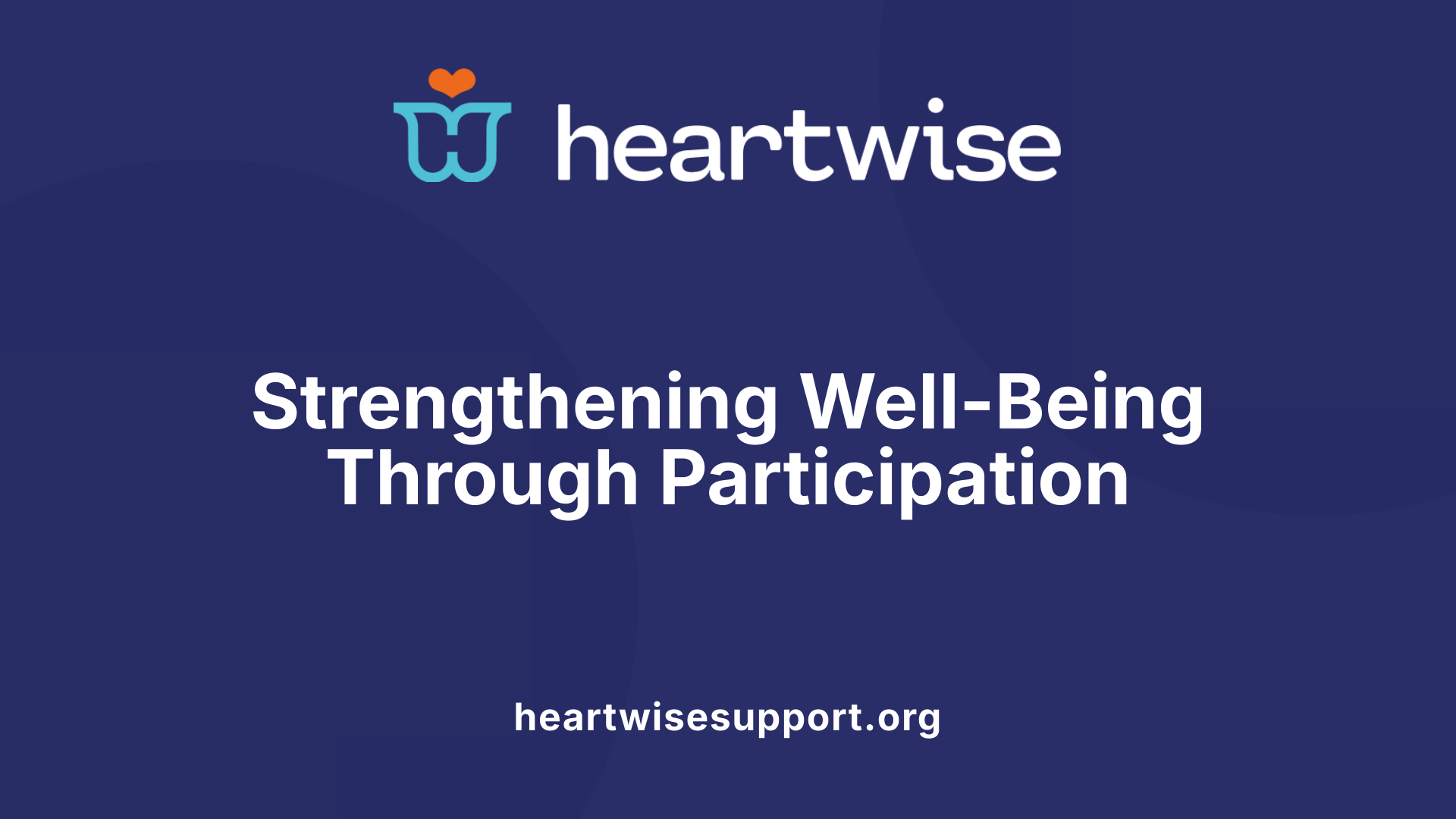
What are the principles, levels, and mechanisms of effective community engagement?
Effective community engagement is built on core principles like inclusiveness, transparency, shared decision-making, trust-building, and cultural sensitivity. These principles ensure that all community members, regardless of background, are involved fairly and their voices are valued.
There are various levels at which engagement occurs:
| Level | Description | Example |
|---|---|---|
| Informational | Providing communities with relevant information | Distributing newsletters or hosting public info sessions |
| Consultative | Seeking input and feedback from community members | Conducting surveys or holding listening sessions |
| Collaborative | Working together on projects and decision-making | Participating in joint planning committees |
| Empowering | Supporting communities to lead initiatives | Funding community-led programs and giving decision power |
Mechanisms that support effective engagement include establishing advisory boards composed of community representatives, creating participatory projects where community members help design programs, and fostering partnerships with local organizations. Open channels of communication—like town halls, social media, and workshops—encourage ongoing dialogue and mutual learning.
Successful engagement also depends on careful planning to understand community needs, building long-term relationships, and adapting strategies to meet diverse circumstances. When done properly, these mechanisms cultivate trust, promote shared ownership, and ensure that initiatives are sustainable and truly beneficial.
Overall, effective community participation enhances social cohesion, builds social trust, and fosters a sense of belonging. It supports democratic involvement, results in more relevant services, and creates resilient communities capable of addressing broad social and health challenges.
Strategies for Effective Community Engagement and Long-Term Impact
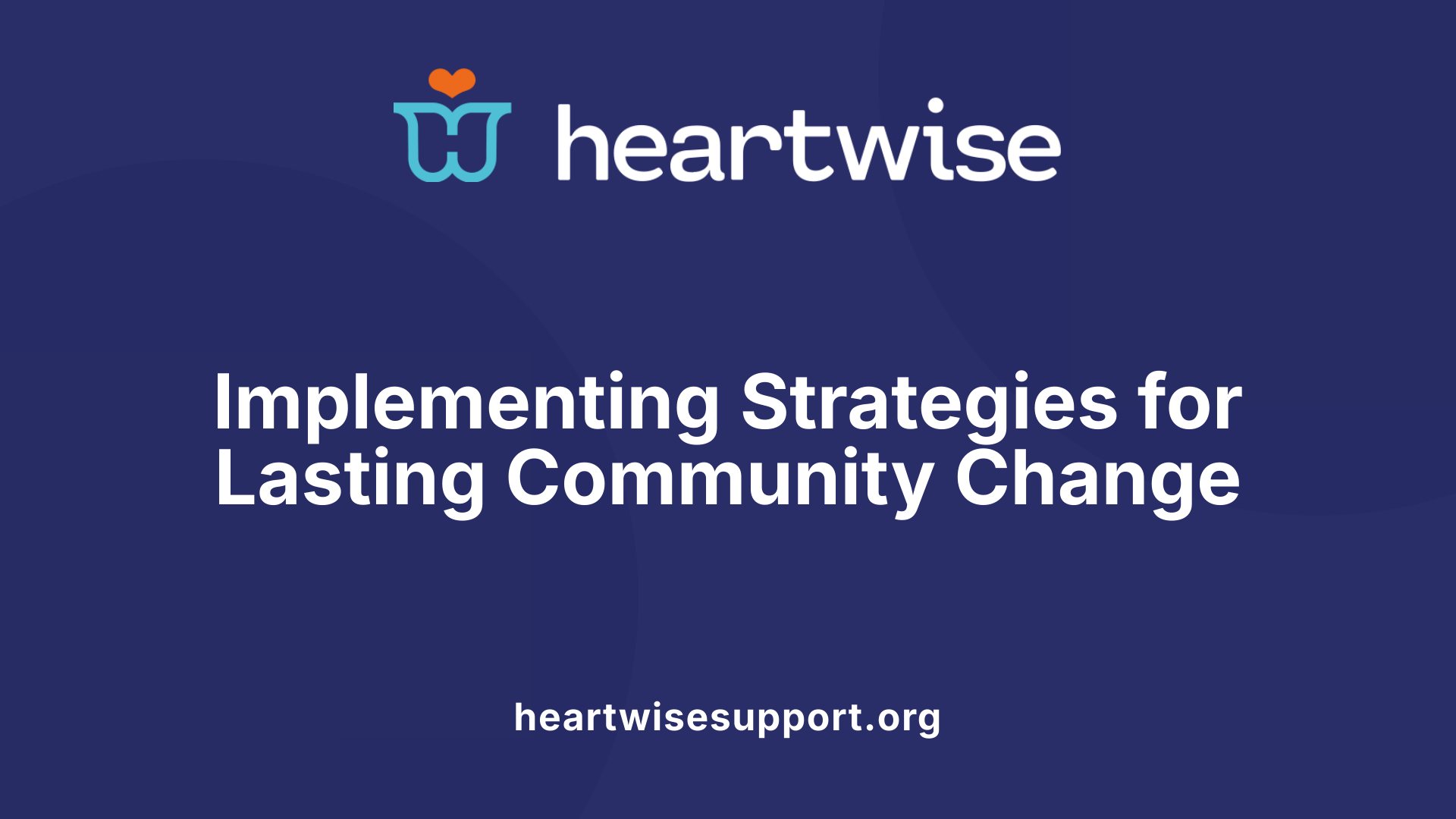
How can community engagement be encouraged through inclusiveness, recognition, and enjoyment?
Creating an environment where community members feel valued and motivated is fundamental to encouraging participation. Inclusiveness means actively reaching out to diverse groups, ensuring no one feels excluded based on background, age, or abilities. Recognizing individual and collective contributions through awards, public acknowledgment, or simple expressions of appreciation fosters a sense of accomplishment and belonging.
Making engagement activities enjoyable involves incorporating interactive, fun, and meaningful experiences. This could include social events, game-based activities, or creative workshops that promote relationship-building and enjoyment. When people associate participating in community initiatives with positive experiences, they are more likely to stay involved and advocate for their community.
What are the ways to overcome challenges like power imbalances and conflict?
Power imbalances and conflicts are common hurdles in community engagement. Addressing these involves establishing inclusive platforms where all voices are heard equally, regardless of social or economic status. Facilitators should promote respectful dialogue, actively listen to differing perspectives, and mediate disagreements constructively.
Building transparency in decision-making processes helps reduce mistrust and feelings of marginalization. Providing training on communication and conflict resolution skills can empower community members to handle disagreements productively. Recognizing and respecting cultural differences also fosters an environment of mutual respect and understanding.
How can engagement be sustained through ongoing relationships and community assets?
Long-term community engagement relies on nurturing ongoing relationships built on trust and mutual benefit. Regular communication, follow-up meetings, and shared activities keep momentum alive. Establishing advisory boards or steering committees ensures continuous community input.
Utilizing existing community assets—such as local organizations, leaders, and cultural resources—adds sustainability by leveraging strengths and fostering ownership. Developing partnerships with local businesses, schools, and civic groups creates a wider support network.
Sustained engagement also involves capacity building, offering training and resources to empower community members to lead initiatives independently. Recognizing milestones, celebrating successes, and demonstrating tangible benefits reinforce commitment, making community involvement a lasting and integral part of local life.
Fostering Lasting Change through Community Involvement
Community engagement is a powerful catalyst for personal confidence, social skill development, and societal progress. By adhering to core principles, fostering trust, encouraging active participation, and forging long-term partnerships, communities can create environments where individuals feel valued, connected, and empowered. This collective effort not only enhances individual well-being but also promotes social cohesion, leadership, and resilience—essential ingredients for sustainable community development and improved mental health outcomes.
References
- 11 Essential Skills to Build Community Engagement
- 6 Ways to Build Confidence and Life Skills Through Community ...
- Why Community Engagement Matters — Research
- Fostering Community Engagement with Positive Psychology
- The Importance of Social and Community Participation | Scope Au
- 5 Ways to Encourage Community Engagement and Self Care
- Building Self-Confidence Through Volunteering and Community ...
- Tools for Community Engagement - Building Movement Project











